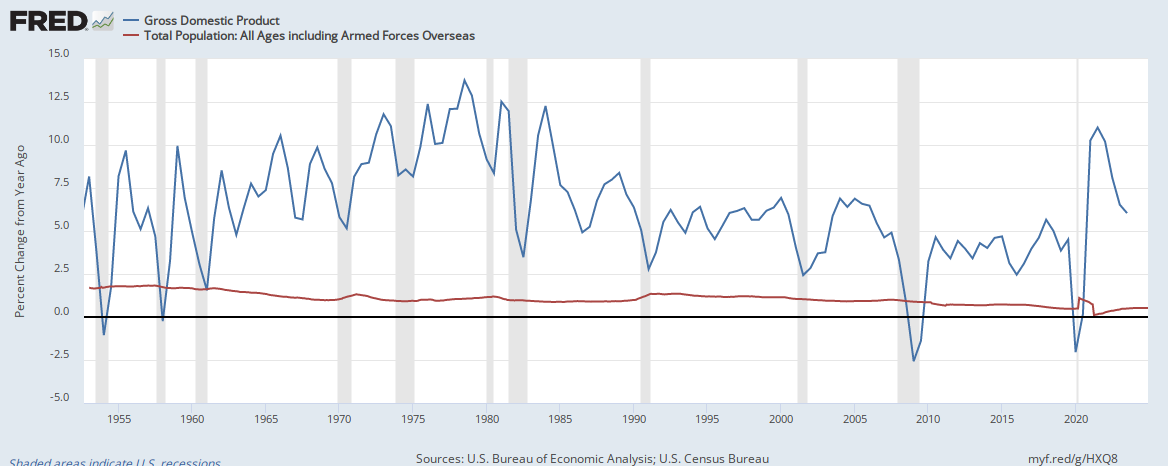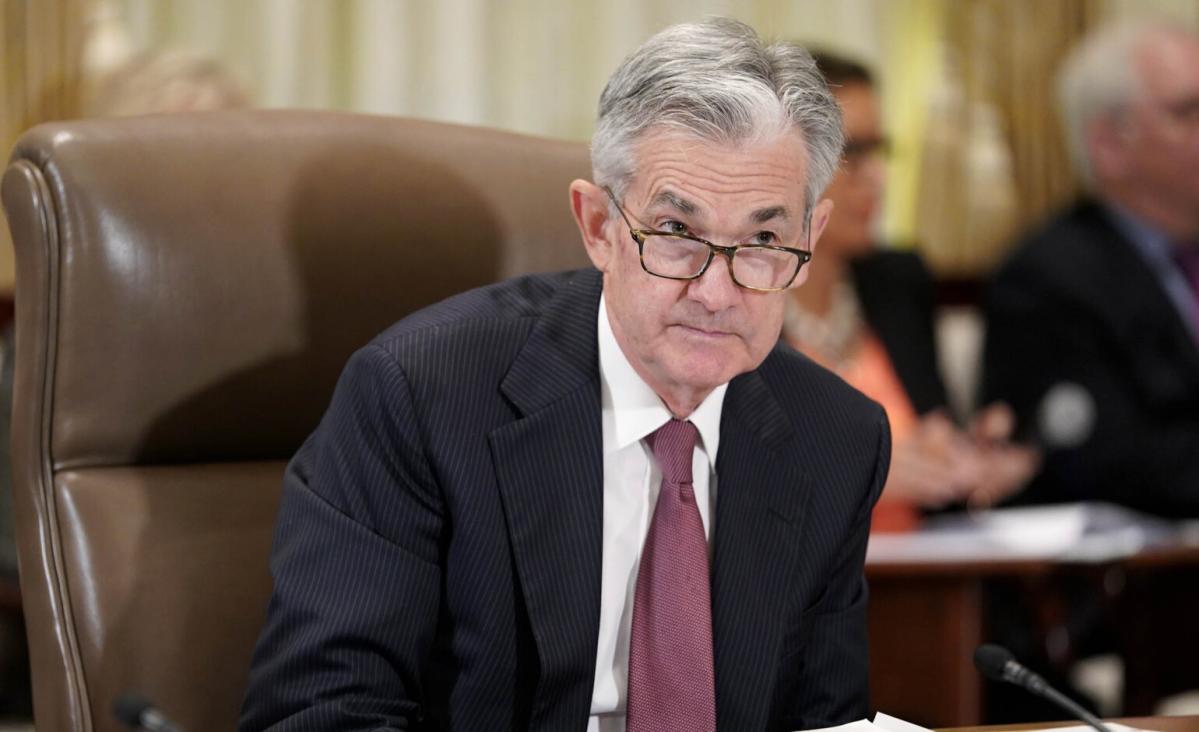Yes, there are a lot of issues in contention here. Let's take one.
"
Stock buybacks have no meaningful impact on stock prices so again it seems like you may not have an understanding of what you're discussing here."
I disagree with this absolute statement, and so does
this study.
"
We examine long-run firm performance following open market share repurchase announcements, 1980–1990. We find that the average abnormal four-year buy-and-hold return measured after the initial announcement is 12.1%. For ‘value’ stocks, companies more likely to be repurchasing shares because of undervaluation, the average abnormal return is 45.3%."
And this was before buybacks exploded.




